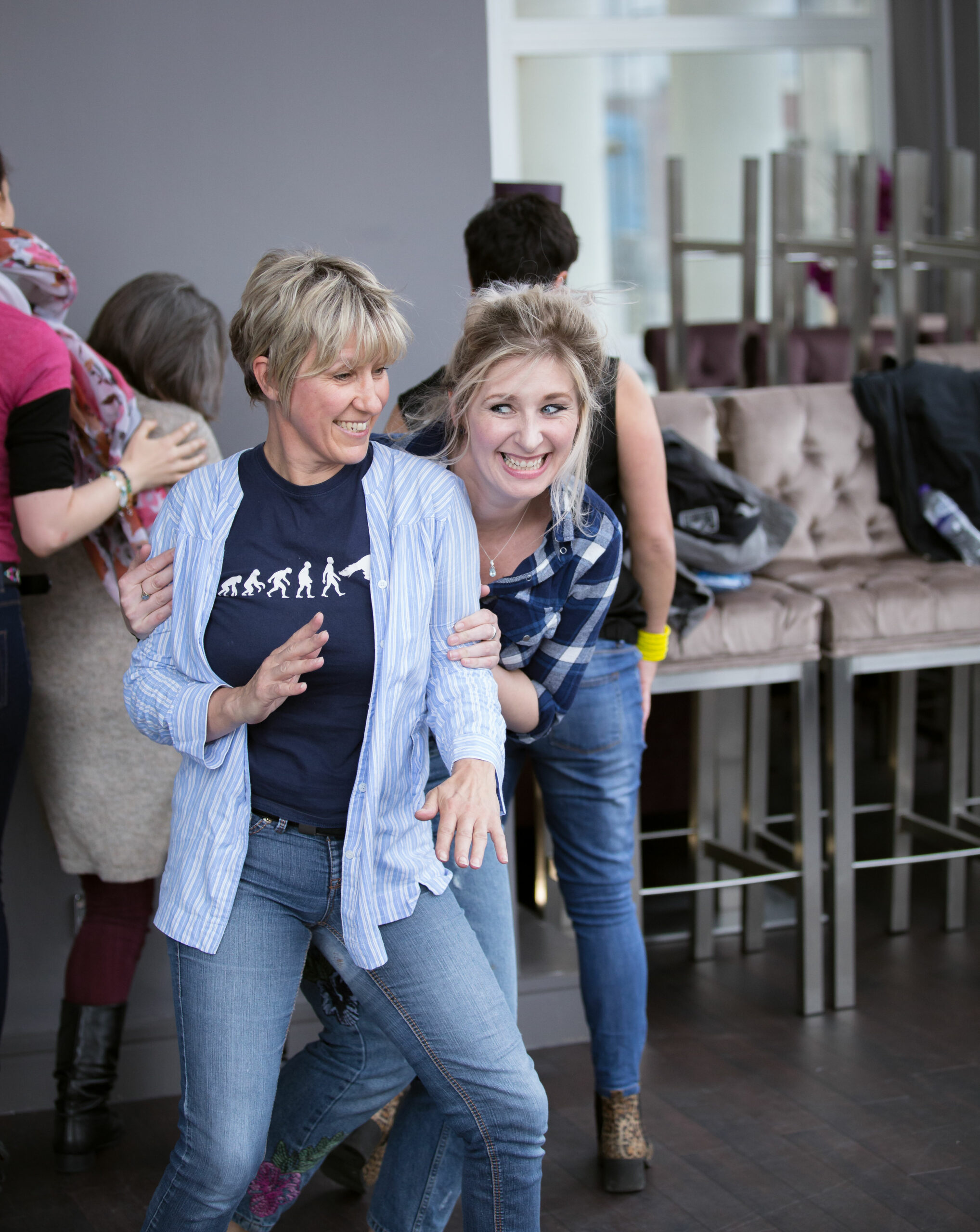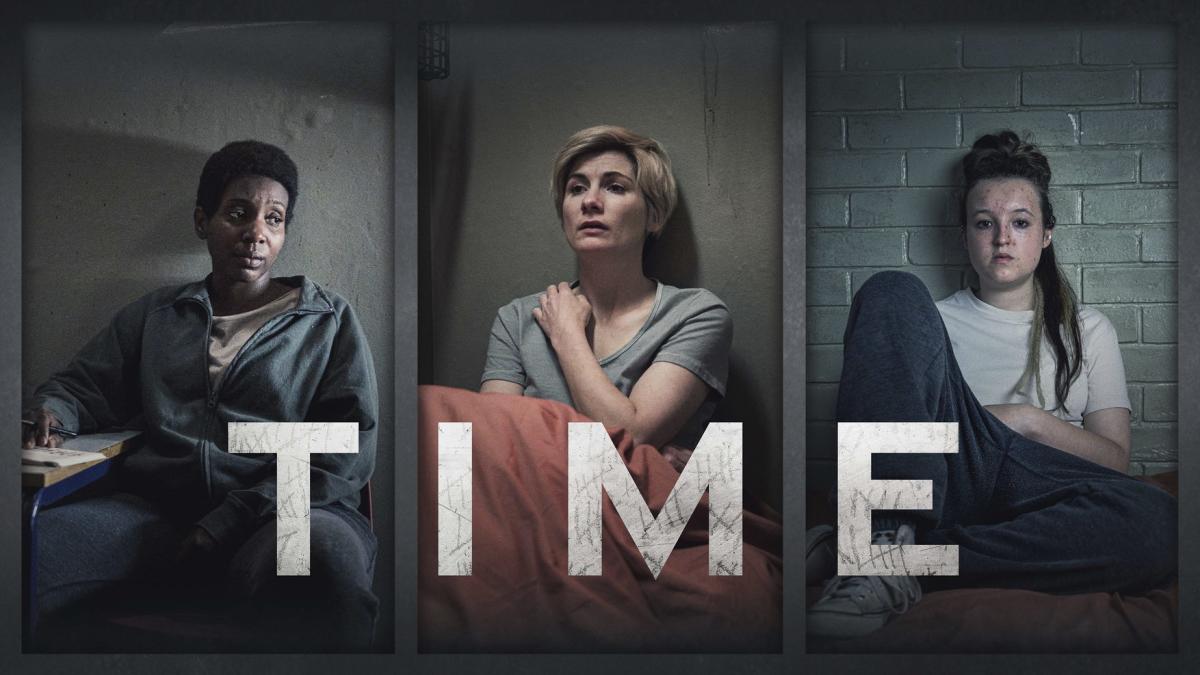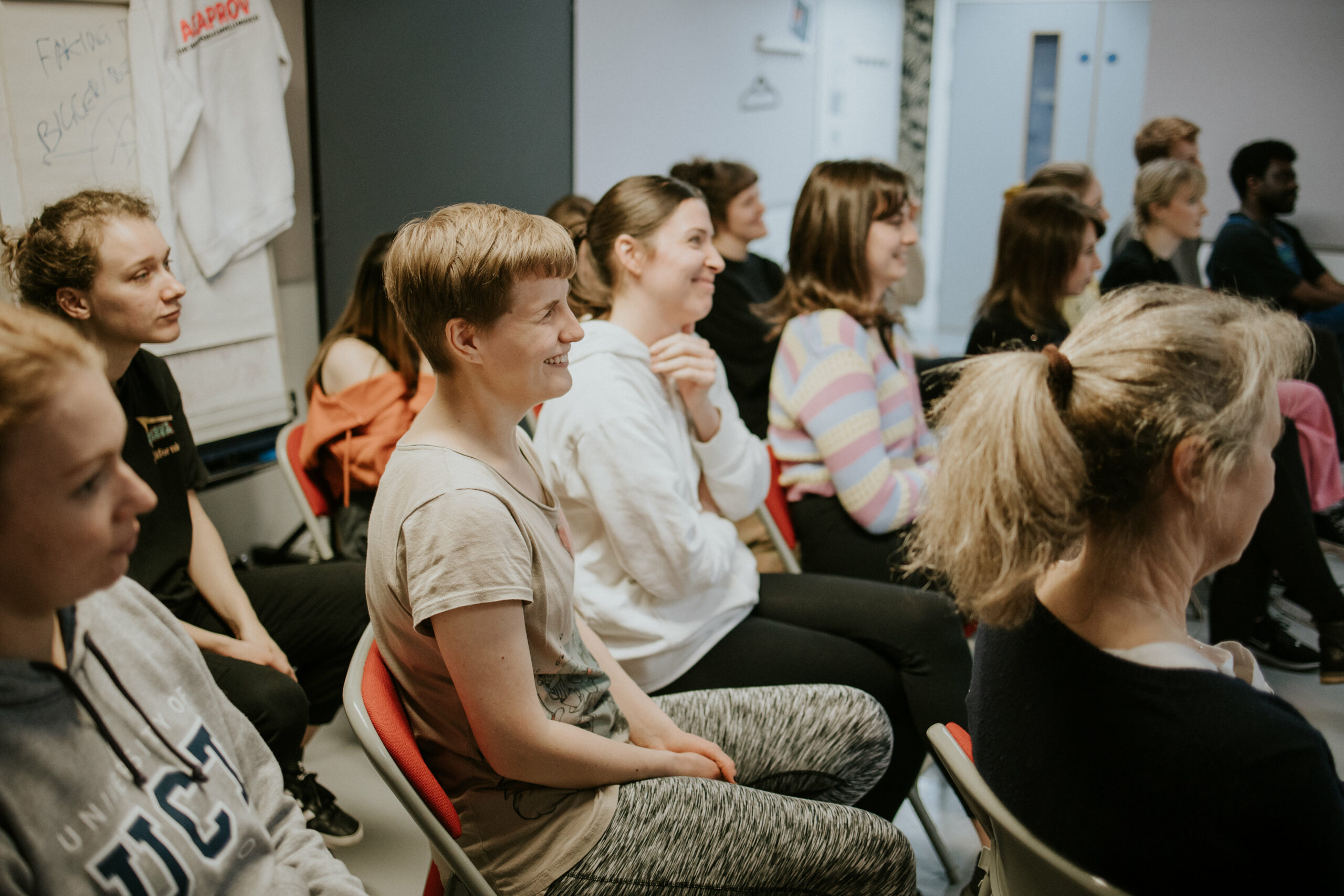How your acting skills give you a head start as a comedian!
When I started stand up, I’d been to just the one comedy gig and had no idea about the circuit. Egged on by an acquaintance, I attended a course at The Actors Centre, at the end of which I had to perform 5 minutes of stand up. The audience laughed and the buzz was amazing. Soon afterwards, I started doing various open spots around London and then elsewhere. And it was through gigging month in month out over the next few years that I learnt how to become a comedian, eventually earning a living from stand up.
So, if you’re an actor thinking of trying your hand at stand up comedy, here are some pointers I wish I’d been aware of when I started out!
With stand up, you don’t need to wait for that great part to come your way. You can write your own. You can write the material that works best for you and you get to choose what you want to say and how you want to say it. And you get to hone it in front of a live audience!
Your Training is a Head Start
Fortunately, actors share some of the same skillset as comedians such as timing, stage presence and a way with words. Actors instinctively know to take in the whole of the space and (one hopes!) how to stand in the light. Such aspects of basic stagecraft will come in handy when starting stand up and help give you a more professional edge from the get-go.
Even being able to project your voice is invaluable when you are new, as you’ll often appear in rooms with no mic or rooms where the PA system is more of a hindrance than a help. On one occasion, a technician complimented me on how I didn’t let the fact that the radio mic stopped working half-way through my set faze me. I didn’t have the heart to tell him I hadn’t actually noticed.
Acting Experience Helps With Writing
As an actor you’re used to working with words and, as a result, you’ll probably have a better feeling for the rhythms and cadences of the English language than you realise.
This will prove handy when it comes to writing your material. When you first start out, your aim is to have a good 5 minutes, then 7, 10, 15 and finally a good 20. Most likely, you will have the ideas for your first 5 minutes floating around in your head long before your first ever gig. It is the material that comes afterwards which will prove harder to pin down. When you have a good 10, a good 15, a good 20, don’t be content with that. Keep thinking of new things to write about, then get out and gig in order to bed the material in.
You Have More Control
In order to become a better comic you need to do just two things: write and gig – a lot. Luckily, one of the advantages of stand up over acting is that it is easier to be pro-active in comedy and get stage time. Make the most of that.
With stand up, you don’t need to wait for that great part to come your way. You can write your own. You can write the material that works best for you and you get to choose what you want to say and how you want to say it. And you get to hone it in front of a live audience!
In the old days new comedians would thumb through Time Out for open mic nights. Now it’s searching the internet, Facebook forums and word-of-mouth, and once you start gigging, word-of-mouth is key. It can be daunting but ideally aim to do as many gigs a month as you can. It’s only through gigging that you can hone your material as well as your skills as a comedian. It’s also the best way of networking and finding out about other gigs.
If You Feel the Fear, Do It Anyway
The two aspects of stand up that inspire the most dread in non-comedians are heckling and “dying” on stage.
I soon discovered that as someone who had done quite a bit of improv in her time that I could usually come up with a suitable riposte when necessary. But more useful was having the stage presence that makes most would-be hecklers think twice in the first place, and I learnt that from being an actor.
As for dying on stage, everyone does. Think of the funniest comic you know. They will have died and more than likely will do so again. The more you gig, the more you write, the more you’ll be able to work situations to your advantage but the truth of the matter is no one is bullet proof. Sometimes you can work out what happened, sometimes you can’t. The trick is to dust yourself down and keep on gigging!
The advantage of such experiences – though it probably won’t seem like that at the time – is that it will feed into your ability to deal with other creative situations that arise. By its very nature, stand up requires you to hone skills – such as the ability to think on your feet and come up with funny, off-the-cuff remarks – that are highly valued and easily transferable to other professions within the entertainment industry. Stand up will also hone your ability to deliver lines and sharpen your timing which can only be of benefit when it comes to acting.
Create A Comedy Persona
An essential part of being a good comedian is the creation of a unique comedy persona that can hold the attention of an audience for up to 20 – 30 minutes, at times in the most insalubrious of venues.
If you think of any comedian you admire, my guess is that their persona is so well-rounded in your mind they make you laugh with just a look or facial expression. So use your acting skills to create a comedy persona that works for you and the kind of jokes you want to tell. This will make you stand out from the crowd.
After all, a bad comedian can make brilliant material unfunny. A good comedian can make mediocre material seem hilarious. It really is down to your persona – it’s the way you tell them!
Maureen Younger works as a stand up comedian, writer and actor. A talented linguist, Maureen has also performed stand up in German and French. Gigs range from being the support act for the entire West End run of The Naked Magicians; supporting Shazia Mirza on tour; to performing at the Jamaica vs The World shows at the Shepherds Bush Empire. As an actor, her roles range from playing an angry German housewife in Band of Brothers to workshopping Philoctetes at the National Theatre Studio. Maureen has also written articles for various online magazines including Standard Issue Magazine, Her Edit and Psychologies Life Lab.
Connect with Maureen on Twitter, Facebook, YouTube and Instagram.












